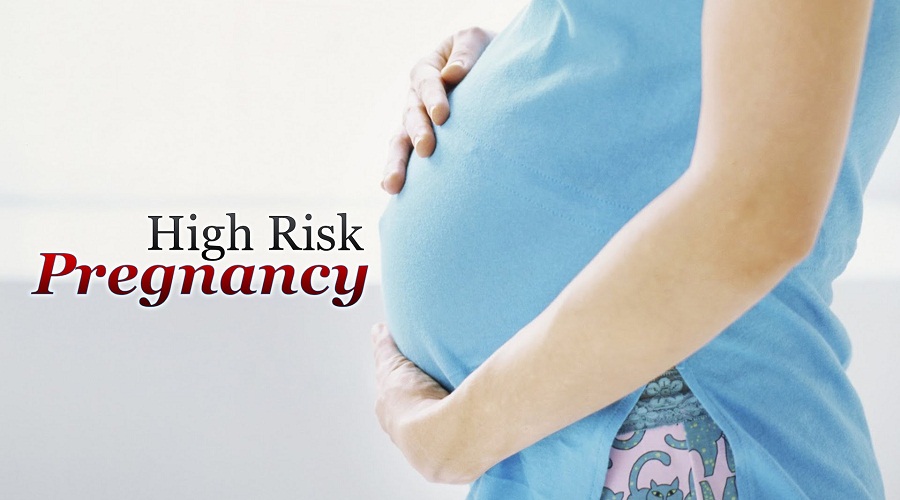What is a high-risk pregnancy?
Your pregnancy is called high-risk if you or your baby has an increased chance of a health problem. Many things can put you at high risk. Being called "high-risk" may sound scary. But it's just a way for doctors to make sure that you get special attention during your pregnancy. Your doctor will watch you closely during your pregnancy to find any problems early.
The conditions listed below put you and your baby at a higher risk for problems, such as slowed growth for the baby, preterm labor, preeclampsia, and problems with the placenta. But it's important to remember that being at high risk doesn't mean that you or your baby will have problems.
Your health plan may have its own list of what makes a pregnancy high-risk. In general, your pregnancy may be high-risk if:
- You have a health problem, such as:
- Diabetes.
- Cancer.
- High blood pressure.
- Kidney disease.
- Epilepsy.
- You use alcohol or illegal drugs, or you smoke.
- You are younger than 17 or older than 35.
- You are pregnant with more than one baby (multiple pregnancy).
- You have had three or more miscarriages.
- Your baby has been found to have a genetic condition, such as Down syndrome, or a heart, lung, or kidney problem.
- You had a problem in a past pregnancy, such as:
- Preterm labor.
- Preeclampsia or seizures (eclampsia).
- Having a baby with a genetic problem, such as Down syndrome.
- You have an infection, such as HIV or hepatitis C. Other infections that can cause a problem include cytomegalovirus (CMV), chickenpox, rubella, toxoplasmosis, and syphilis.
- You are taking certain medicines, such as lithium, phenytoin (such as Dilantin), valproic acid (Depakene), or carbamazepine (such as Tegretol).
Other health problems can make your pregnancy high-risk. These include heart valve problems, sickle cell disease, asthma, lupus, and rheumatoid arthritis. Talk to your doctor about any health problems you have.
How will your doctor care for you during your pregnancy?
You will have more visits to the doctor than a woman who does not have a high-risk pregnancy. You may have more ultrasound tests to make sure that your baby is growing well. You will have regular blood pressure checks. And your urine will be tested to look for protein (a sign of preeclampsia) and urinary tract infections.
Tests for genetic or other problems also may be done, especially if you are 35 or older or if you had a genetic problem in a past pregnancy.
Your doctor will prescribe any medicine you may need, such as for diabetes, asthma, or high blood pressure.
Talk to your doctor about where he or she would like you to give birth. Your doctor may want you to have your baby in a hospital that offers special care for women and babies who may have problems.
If your doctor thinks that your health or your baby's health is at risk, you may need to have the baby early.
What can you do to help have a healthy pregnancy?
You can help yourself and your baby be as healthy as possible:
- Go to all your doctor visits so that you don't miss tests to catch any new problems.
- Eat a healthy diet that includes protein, milk and milk products, fruits, and vegetables. Talk to your doctor about any changes you may need in your diet.
- Take any medicines, iron, or vitamins that your doctor prescribes. Don't take any vitamins or medicines (including over-the-counter medicines) without talking to your doctor first.
- Take folic acid daily. Folic acid is a B vitamin. Taking folic acid before and during early pregnancy reduces your chance of having a baby with a neural tube defect or other birth defects.
- Follow your doctor's instructions for activity. Your doctor will let you know if you can work and exercise.
- Do not smoke. If you need help quitting, talk to your doctor about stop-smoking programs and medicines. Avoid other people's tobaccosmoke.
- Do not drink alcohol.
- Stay away from people who have colds and other infections.
